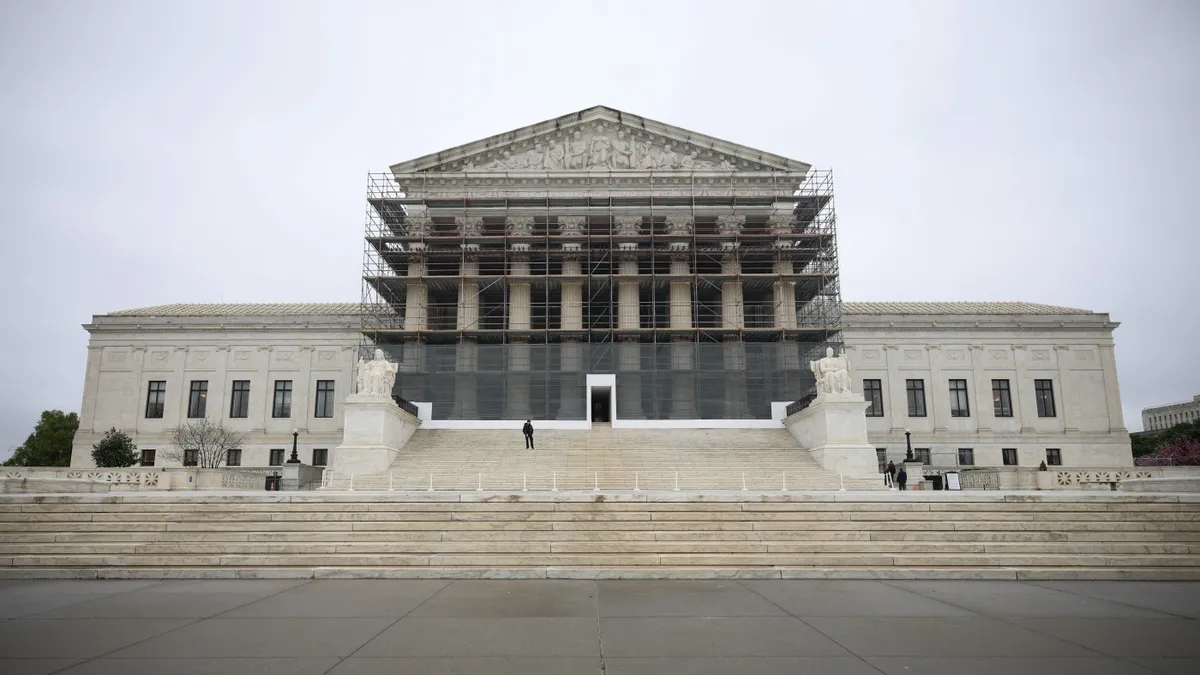
The conservative majority of the Supreme Court appeared poised on Tuesday to assert that public school districts may need to accommodate parents wishing to withdraw their children from specific classes when the material conflicts with their religious beliefs. This case is particularly significant as it originates from Montgomery County, Maryland, recognized as the most religiously diverse county in the United States, home to approximately 160,000 students from a multitude of faith backgrounds.
In recent years, the Montgomery County school system implemented an elementary school curriculum designed to foster respect for LGBTQ+ individuals and their families. This initiative included storybooks featuring gay and lesbian characters, aiming to promote inclusivity among students. However, certain parents raised objections, seeking to opt their children out of classes that featured these materials.
Initially, the school district attempted to create an opt-out plan for concerned parents, but quickly discovered that it was a logistical challenge. Subsequently, the affected parents filed a lawsuit against the school board, arguing that by introducing their children to concepts that contradicted their religious beliefs, the board was infringing upon their constitutional right to freely exercise their religion.
Though the school board triumphed in earlier court rulings, the Supreme Court's six conservative justices seemed less sympathetic to their position during Tuesday's proceedings. Eric Baxter, representing the parents, faced rigorous questioning from the court's liberal justices. Justice Sonia Sotomayor referenced a specific book titled *Uncle Bobby's Wedding*, which depicts a same-sex marriage, pressing Baxter on whether exposure to such material constituted coercion for children. Baxter affirmed that it did, a statement that drew attention from conservative Justice Samuel Alito, who remarked on the moral implications of the book for those holding traditional religious views.
Justice Elena Kagan further probed the implications of Baxter's argument, questioning whether parents should have the right to opt-out their children whenever they encounter material that contradicts their beliefs. This line of questioning prompted discussions about the potential for a broad opt-out rule, even for topics such as evolution in biology classes or discussions about women's achievements.
Representing the school board, attorney Alan Schoenfeld faced intense scrutiny from the conservative justices. Justice Brett Kavanaugh, who has roots in Montgomery County, questioned Schoenfeld about the practicality of an opt-out system. Schoenfeld argued that elementary classrooms present unique challenges, as children frequently engage with materials independently, making it difficult to manage the curriculum effectively. He described the situation as "mayhem," emphasizing the complexity of distinguishing between direct and indirect educational content in such settings.
Justice Alito, dissatisfied with Schoenfeld's responses, reiterated the concerns of the religious parents, suggesting that the school board's stance amounted to a dismissal of those concerns. In defense, Schoenfeld maintained that the school board operates democratically, with the curriculum adoption process being open and transparent, thereby reflecting the community's values and beliefs.
This case illustrates the ongoing tension between parental rights and the educational policies aimed at promoting diversity and inclusion in public schools. As the Supreme Court deliberates, the outcome may set significant precedents regarding the balance of religious freedoms and educational practices in America.